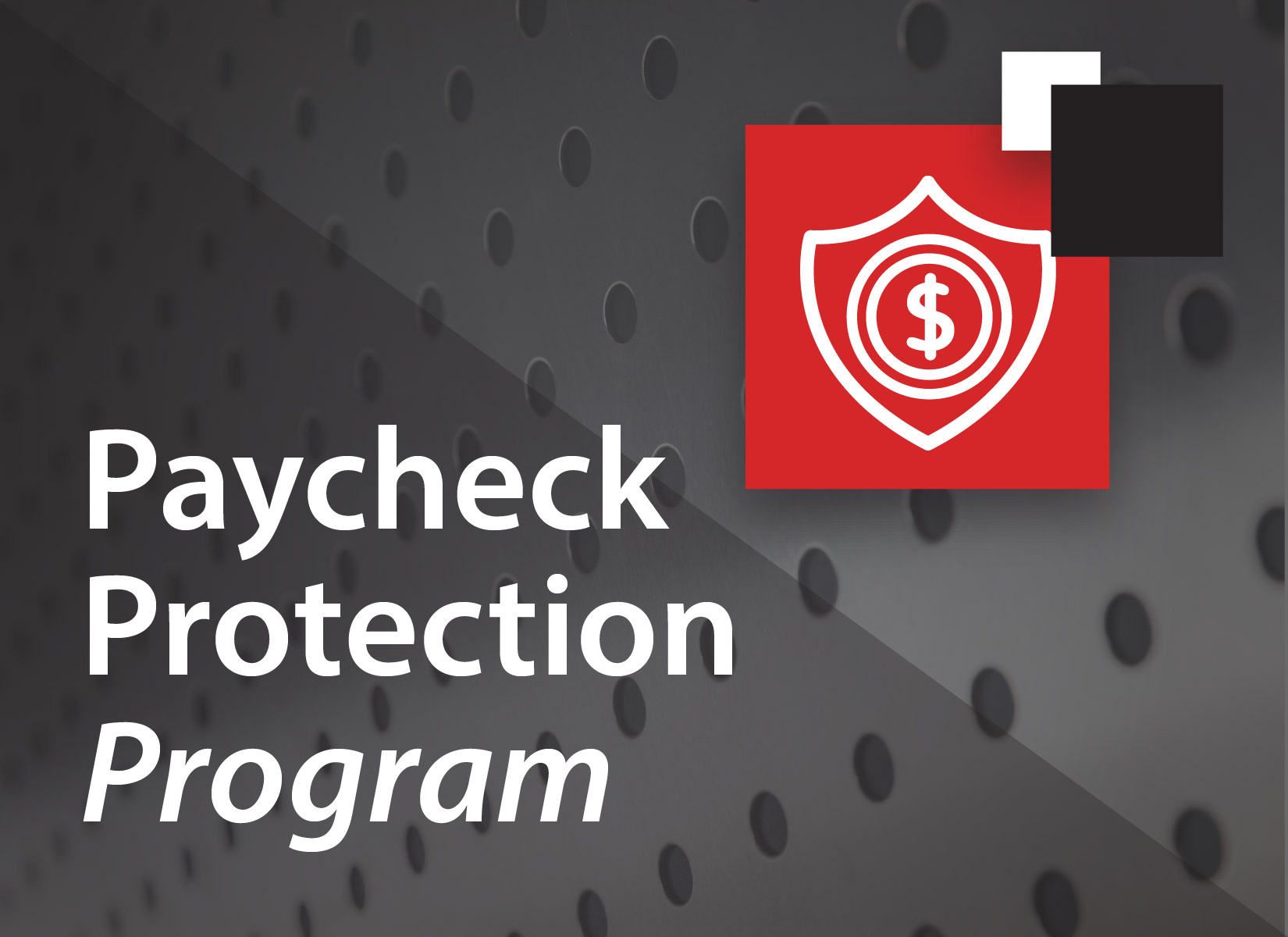
Human Resources: How We Can Help
March 25, 2020
Paycheck Protection Program Details Released – April 1, 2020
April 1, 2020Now that Congress has passed and President Trump has signed into law the Families First Coronavirus Response Act (FFCRA) and the Coronavirus Aid, Relief, and Economic Security Act (CARES), here are some tips to help you navigate how this impacts your business and your employees:
- The Louisiana Workforce Commission has delayed payment of employer payroll taxes for Unemployment Insurance and Wage & Tax Reports for the 1st quarter of 2020 until June 30.
- The CARES Act extends State unemployment benefits ($247 maximum/week for 26 weeks in Louisiana) for an additional 13 weeks and provides an additional $600/week for four months from January 27 through December 31, 2020. These benefits are also available to self-employed individuals, independent contractors (1099 workers) and those who have already exhausted benefits available under previous regulations.
- Employers may require employees who are not working due to the Governor’s “Stay At Home” order to use accrued leave through March 31 if the company’s policy states that accrued leave must be used before going into leave without pay (LWOP) status. Beginning April 1, use of accrued leave is at the employee’s discretion due to FFCRA provisions.
- The Paycheck Protection Program under the CARES Act allows employers to apply for a loan equal to monthly payroll costs (including payroll taxes and benefits costs) for 2 ½ months (based on previous 12-month average). This loan must be used to retain workers, maintain payroll, make mortgage or lease payments, and pay utilities. Forgiveness of the loan is allowed for those costs (not including salaries over $100,000) over an 8-week period between February 15 and June 30.
- The CARES Act also provides an Employee Retention Credit for employers subject to closure due to COVID-19, permitting a fully refundable 50% tax credit applicable to the employer’s share of payroll taxes on wages up to $10,000 per employee. Eligible companies may delay payment of the employer payroll taxes (defer Social Security tax due between now and Jan. 1, 2021 to Dec. 31, 2021 (50% due) and Dec. 31, 2022 (remainder due).
- Exempt employees’ salaries may be reduced due to a “a bona fide reduction … during a business or economic slowdown …” (see Dept. of Labor regulations)
- The CARES Act amended the FFCRA to make employees who were laid off after March 1 but then rehired eligible for paid leave benefits.
- Employees who are eligible for FFCRA paid leave are responsible for submitting written leave requests to the employer that include the reason for leave, a statement explaining why the employee is unable to work or telework (if available), and anticipated length of leave. Supporting documents should included:
- Written documentation from health care provider
- Note or email from government, school or day care about closure
- Family leave may be used intermittently or in less than full-day increments subject to employer’s approval. For example, an employee may work ½ day from home and take ½ day of paid family leave or may work three days a week from home and take two days of paid family leave per week.
- Employers may require employees to work from home (if permissible), but not if the employee is using FFCRA leave.
- Employers are required to display the Department of Labor poster somewhere visible to all employees (or to distribute electronically to employees working from home or on leave; but not to employees who have been laid off). https://www.dol.gov/agencies/whd/posters
An HR professional can help you with all of your human resources needs. From hiring the right employees, running background checks, creating employee handbooks that include anti-harassment policies and procedures, and so much more, Next Level Solutions can work with you to provide the services that you need to run your business.
Don’t risk being out of compliance or letting your employee handbook become obsolete; give us a call today to see how we can become your human resources partner.


